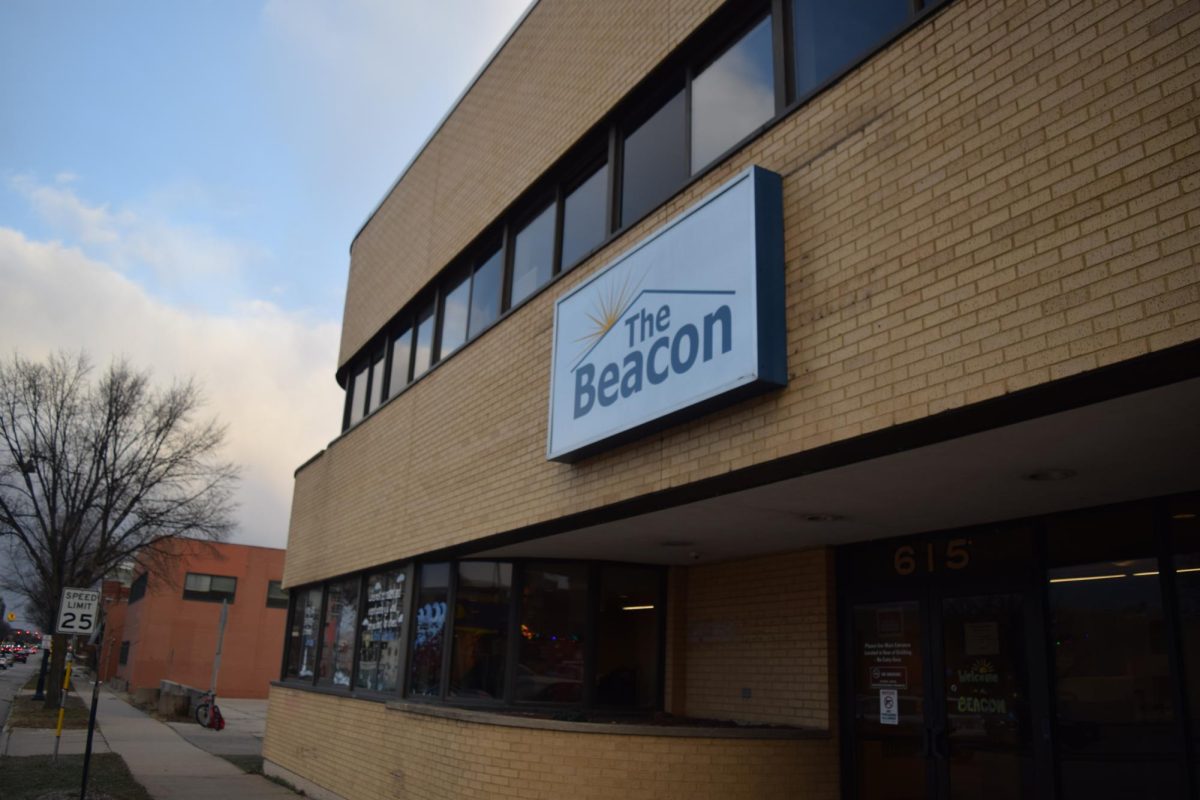City Council members addressed Heartland Health, transportation initiatives and strategies to reduce inequalities and create an equal opportunity environment for all city residents in its meeting Tuesday night.
Vote to authorize city staff to visit Germany for innovative transportation approaches
City officials passed a motion to allow city staff and alders to visit Freiburg, Germany for the purposes of learning new automobile transportation system approaches.
Mayor Paul Soglin said the trip is very important and will be beneficial to planning city transportation in Madison.
“We have got to realize there are certain things you really need to see to get the concept and to get an understanding of the dynamics,” Soglin said. “Other designs are literally occurring in other cultures and I think we have to get a feeling and understanding for it. We do not need to go to Freiburg to learn this but it would help to see it.”
Soglin said in Freiburg, there are no malls outside the downtown, such as East Towne or West Towne in Madison. He said all of the retail shops are required to be set in the downtown area, and the city has a design for its transportation system to accommodate these needs.
Ald. Shiva Bidar-Sielaff, District 5, said she has seen multiple city trips to study European cities over the past couple of years. She said she has yet to see how the knowledge gained from these trips has carried over to improving the city of Madison and our government.
Ald. Maurice Cheeks, District 10, agreed the trip will be beneficial in learning more about how other cultures plan and run their cities.
“I was quickly persuaded by the thought that this would expand our horizons, expand the way we are thinking about transportation,” Cheeks said. “One of the thing that is most exciting to me about this committee is we are taking time to do an exhaustive examination of how humans navigate our city.”
Presentation and progress report on city equality
Ald. Denise DeMarb, District 16, said in October of last year the city passed an Equality Impact Resolution. The city must now look at its policies, budgeting and operations to decide if the city provides an increased opportunity for community members or if certain policies disable some from obtaining the same chances in the city as others.
Julie Nelson and Glenn Harris of Governing for Racial Equality in Seattle spoke at last night’s meeting about how to enhance city equality.
According to Nelson and Harris, there are five key lessons when attempting to reduce inequalities and raise the chances of equal opportunity in a city: analysis, capacity, tools, partnering and agency.
“Change is hard and may take time,” Nelson said. “When change is a priority and when urgency is felt it does not have to be hard and does not have to take time. Change can take place over night.”
Vote to pass Heartland Health Outreach property to help homeless
City Council passed the original amendment nominating Heartland Housing to serve formerly homeless people in Madison.
According to Michael Goldberg of Heartland Housing, the company aims to serve and help people who are at the highest risk. He said they provide these people with high quality apartments with durable finishes in sustainable structures and have been doing so for 25 years.
Although concerns were voiced about the high density of this apartment building, property value reductions and issues with tax revenue as a result of housing these homeless or mentally ill people in Madison, Goldberg said Heartland has experience in knowing the triggers that may cause these people to become upset and know ways to handle them without disrupting the surrounding environment.
Ald. Lisa Subeck, District 1, said it was a good idea to go ahead with housing homeless people in Heartland buildings in Madison because they have a good track record for working with and helping homeless or mentally ill people.
City resident Brenda Konkel said she is excited to have Heartland provide housing for homeless people in Madison.
“There is a narrative for where we place homeless services,” Konkel said. “People think they are either alcoholics or mental ill and make a huge leap to think those people cause crimes but have no validation for this.”












